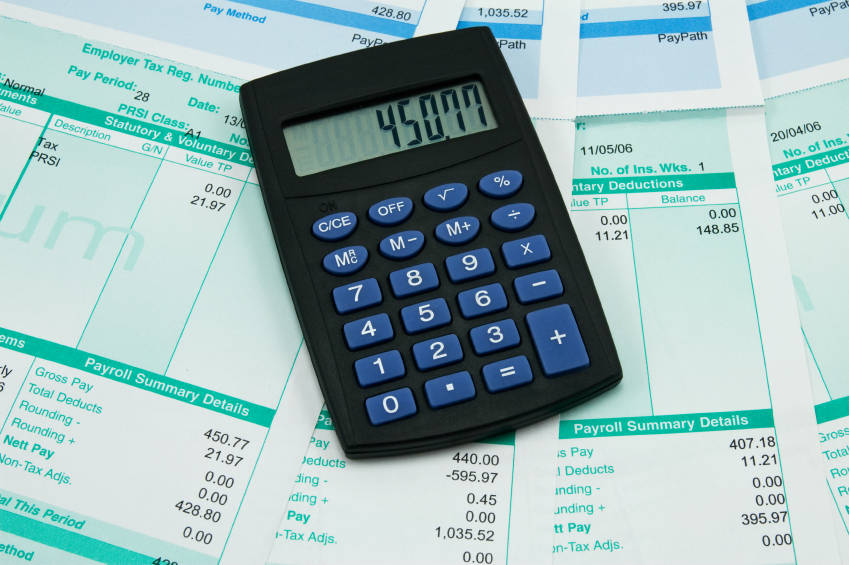 If you purchased health insurance on the exchange and collected a subsidy (in the form of a tax credit) to help pay for coverage, or benefited from other cost-sharing reductions, you were able to do so because of the income you reported when you purchased your plan.
If you purchased health insurance on the exchange and collected a subsidy (in the form of a tax credit) to help pay for coverage, or benefited from other cost-sharing reductions, you were able to do so because of the income you reported when you purchased your plan.
But if you are like many Americans, the income you anticipated and reported to the exchange may differ from the income you actually earned for the year.
As discussed in an earlier post, if you earned more than you reported, you may need to repay some of the subsidy on your next tax return.
But what happens if your income was lower than you anticipated? Specifically, what if you collected a subsidy and then discovered your income qualified you for Medicaid?
Not much.
That’s because Medicaid eligibility, tax credit amounts, cost-sharing subsidies, etc. are determined by the exchange based upon the income you reported at the time you enrolled.
If your income changes, and you become eligible for Medicaid during the course of the year, federal rules state you will not have to repay any of the tax credit or cost-sharing subsidy you may have received.
However, we always recommend you keep track of your earnings and report a change in your income to the exchange as soon as possible.
If you do report a change in income which qualifies you for Medicaid mid-year, and you live in a state that expanded Medicaid, you will be eligible to enroll in Medicaid at that time.
If you have any questions or are looking for health insurance for yourself or your family, please give us a call at 703-707-8270.





